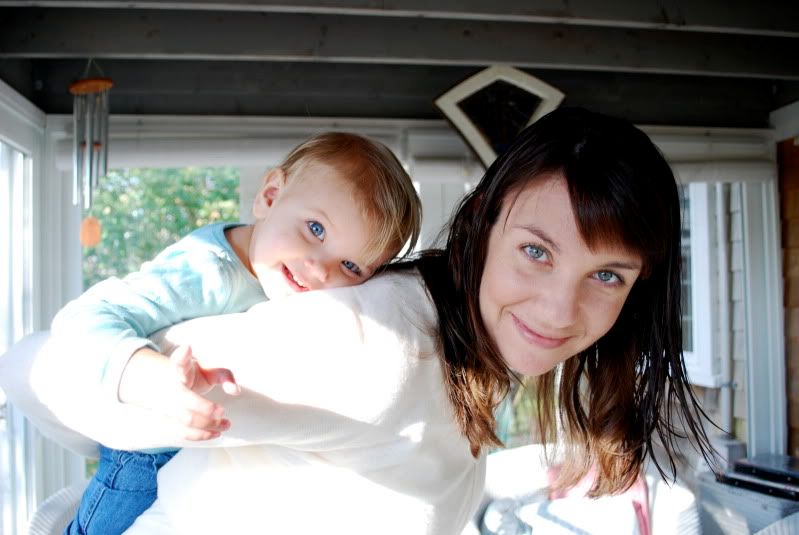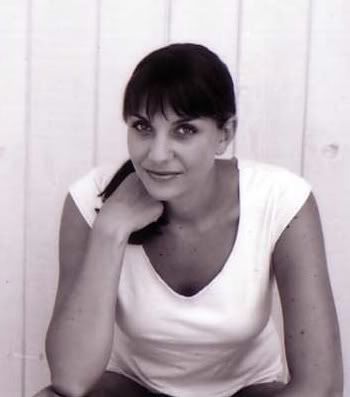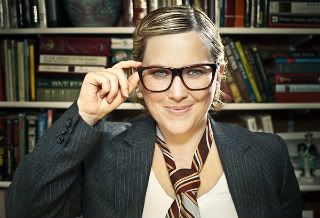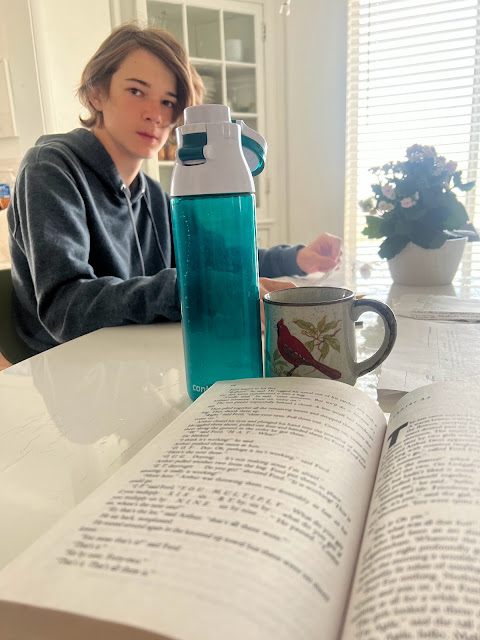Sunday Guest Post Series: Claire Bidwell Smith's What I Know Now

"I don't know anyone who has died," my friend Julie said to me a few days before she herself died. Julie was twenty-two years old and had come to the end of a year-long battle with leukemia.
I was the opposite: healthy and strong and with more loss under my belt than anyone my age should have to bear. By the time I was 25 I would have lost, not only Julie, who was one of my closest friends, but also both of my parents to cancer.
In the years following Julie's death I often wondered who had been there to greet her when she disappeared from this world. In those last grey hours together, in a hospital in Atlanta, I promised her that my mother would be there, even though they had never met.
This month marks ten years since Julie died. I'm 32 now. I have a husband and a little daughter, and I work as a grief counselor for hospice.
One of the things I do in my job is I ask people what they think happens when they die. Some people have firm beliefs. Others have none at all. But I've found that the places in your head and in your heart where you relagate those you've lost matters a great deal.
I've spent 13 years thinking about the afterlife, ever since my mother died when I was 18. In those years I've run through a million incarnations of what I believe. I wasn't raised any particular religion and so when my mother died I had nothing specific to fall back on. Heaven? A place where people sat on clouds all day? I couldn't really picture it. And so for a while I pictured nothing.
It was easier that way anyway. I was angry. Angry that my mother was gone. Angry that this had happened to me. It was easier to believe that life was unfair and pointless -- it was the only thing that really fit into my belief system at the time. This was only confirmed a few years later when Julie died.
But something changed with my father's death.
I was 25 by then, and learning to let go of my father became one of the most defining experiences of my life. With my mother and Julie it was different. I had been resistant with their deaths, fighting and denying the experiences. But my father's dying wish had been that I be present, that I say goodbye, that I let go, and that I be there when he took his last breath.
And I was.
At 7pm on a Tuesday night in a little condominium in Garden Grove, California I bent over my father, both of my hands in his, as he slipped away.
Afterward, I stood over his body, taking it in one last time. His funny, bushy eyebrows, the ancient creases in his hands, the slope of each earlobe. I drank in the sight of each of these things, trying to store them away inside of me somewhere, trying desperately to keep each one. But the longer I looked, the more I realized that he was gone.
My father was gone.
And that's when I realized that we are not these bodies. I'll say it again. We are not these bodies.
My father was gone from his body, gone from the room, gone from this world. But I knew, more deeply than I had ever known anything, that he was not gone in a larger sense.
I don't know what happens when we die. But I do know this:
I know that the certainty of death informs our lives.
I know that saying goodbye to my parents and to one of my best friends has made me appreciate every day that much more.
I know that when I am gone I want those who loved me to miss me, but not spend their time searching for me.
I know that now I believe we are all part of one another. That's it's not that we will meet again, but that we have already met before.

Claire Bidwell Smith writes the blog Life in Chicago (www.lifeinchicagoblog.com). She lives in Chicago with her husband and daughter. Her memoir, The Rules of Inheritance will be published in the spring of 2012.


